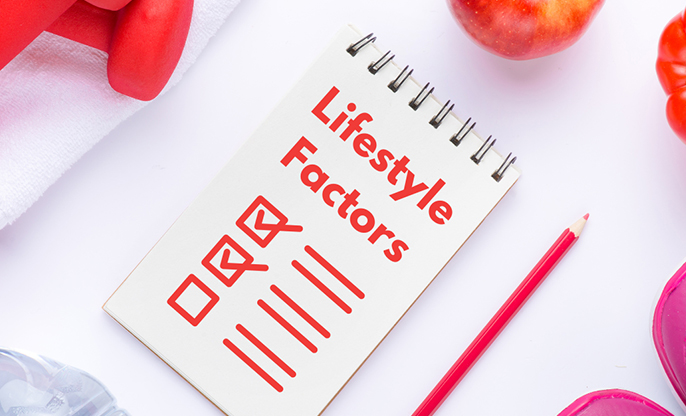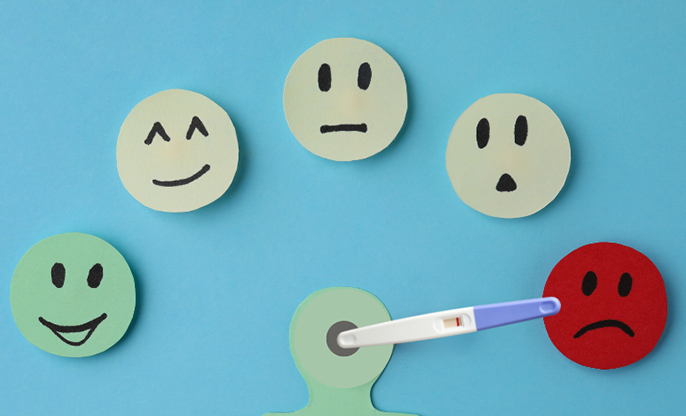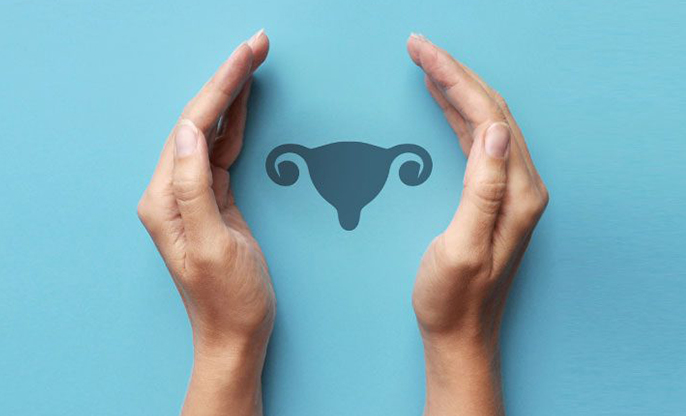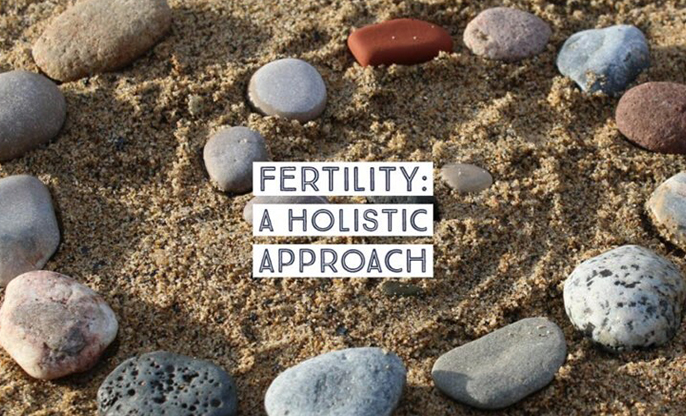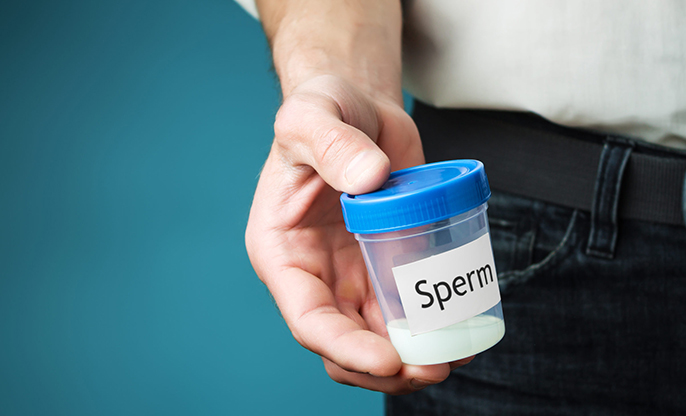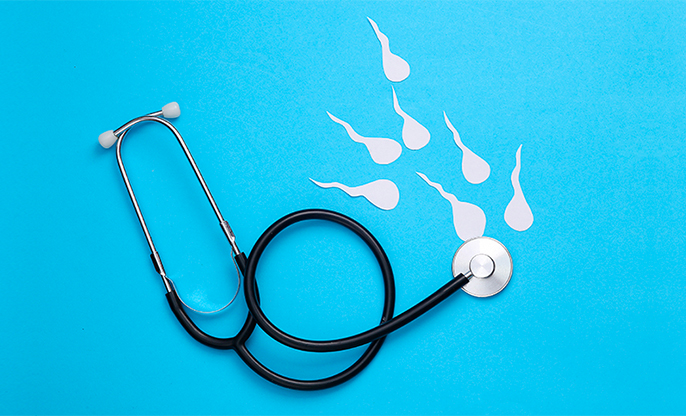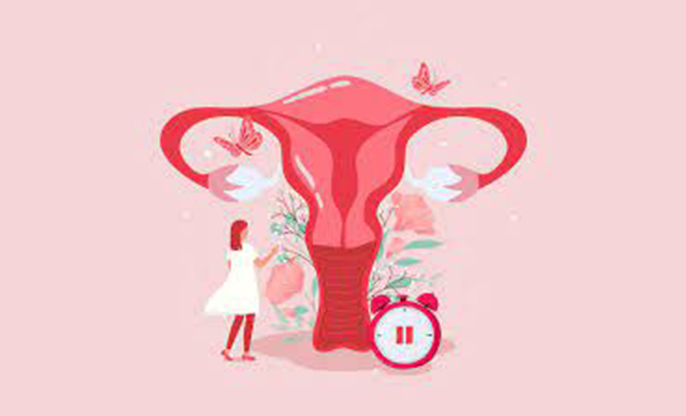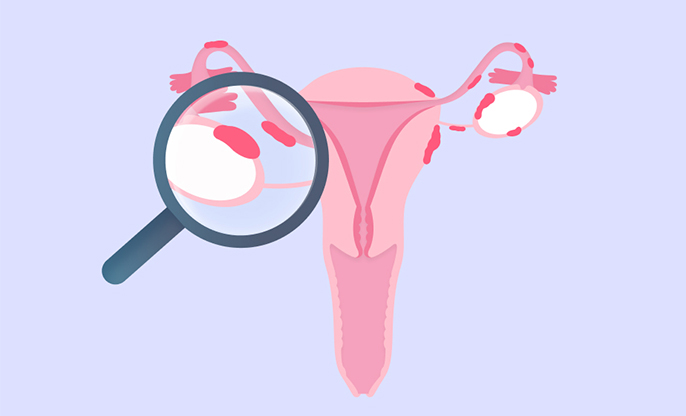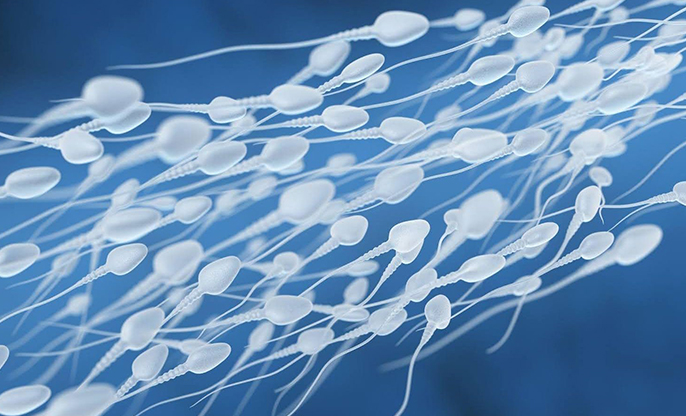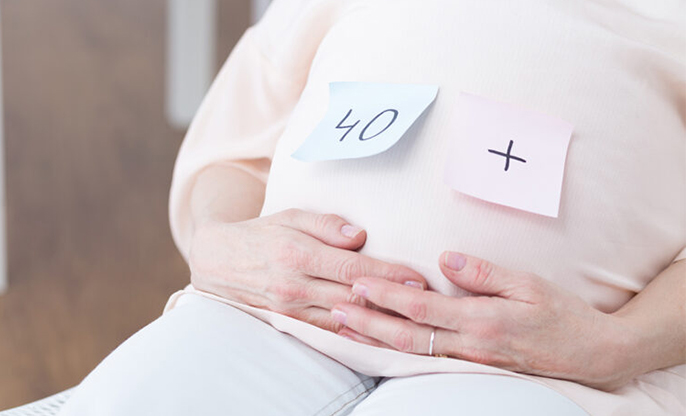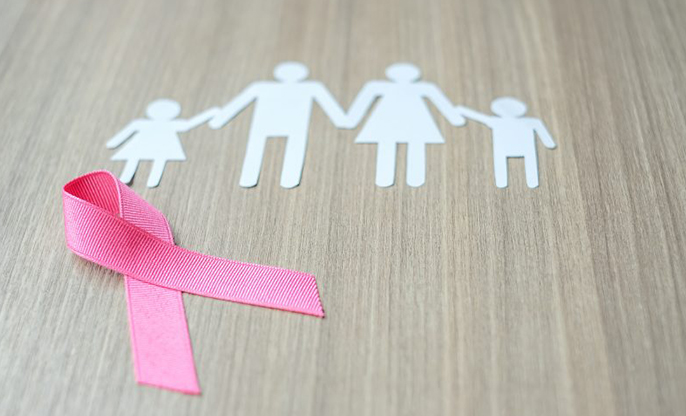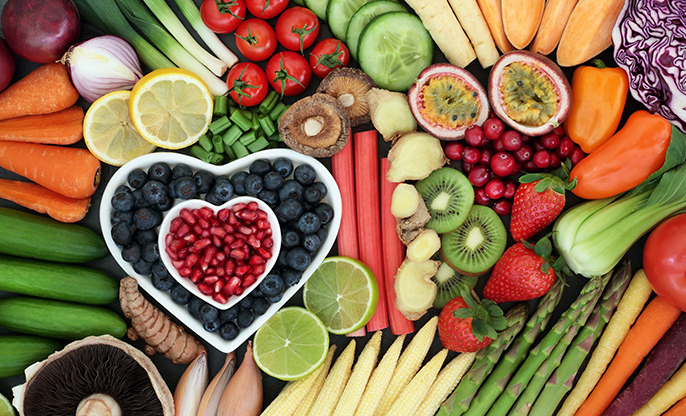
When it comes to fertility, the role of nutrition is often a topic of discussion and speculation. There is a wealth of information out there, but not all of it is accurate. In this article, we will separate myths from facts when it comes to nutrition and fertility, providing you with evidence-based information to support your journey towards conception.
Myth 1: Eating Pineapple Core Boosts Fertility
Fact: This myth suggests that consuming pineapple core, especially during the
two-week wait after ovulation, can boost fertility. While pineapple is a
nutritious fruit rich in vitamins and antioxidants, there is no scientific
evidence to support the claim that pineapple core specifically enhances
fertility. However, a balanced diet that includes a variety of fruits and
vegetables is beneficial for overall reproductive health.
Myth 2: Caffeine Causes Infertility
Fact: Moderate caffeine consumption is generally considered safe for most
individuals. While excessive caffeine intake can negatively impact fertility,
studies have not conclusively proven that moderate caffeine consumption leads
to infertility. It's advisable to limit caffeine intake to about 200-300
milligrams per day, roughly equivalent to one to two cups of coffee.
Myth 3: Dairy Products Should Be Avoided
Fact: Some individuals believe that dairy products should be eliminated from
the diet when trying to conceive due to concerns about hormones in dairy.
However, dairy products are an important source of calcium and vitamin D, which
are crucial for reproductive health. Choose low-fat or non-fat options to
reduce saturated fat intake.
Myth 4: Gluten-Free Diet Improves Fertility
Fact: For individuals with celiac disease or gluten sensitivity, a gluten-free
diet is essential. However, there is no scientific evidence to suggest that a
gluten-free diet benefits fertility in individuals without gluten-related
disorders. A well-balanced diet that includes whole grains can provide
essential nutrients for reproductive health.
Myth 5: Detox Diets Enhance Fertility
Fact: Detox diets or extreme cleansing regimens are not recommended for
enhancing fertility. These diets can be restrictive and may lead to nutrient
deficiencies, which can negatively impact reproductive health. Instead, focus
on maintaining a balanced and nutritious diet.
Myth 6: Fertility Supplements Guarantee Success
Fact: While some fertility supplements may be beneficial for certain
individuals, they are not a guaranteed solution for infertility. Consult with a
healthcare provider before taking any supplements, as they can interact with
medications or have unintended side effects.
Myth 7: Weight Loss Is Always Beneficial
Fact: Achieving a healthy weight is important for fertility. However, extreme
or rapid weight loss can disrupt hormonal balance and affect menstrual cycles,
potentially leading to fertility issues. It's advisable to aim for gradual,
sustainable weight loss under the guidance of a healthcare provider or
registered dietitian.
Myth 8: Vegetarians Can't Get Enough Protein
Fact: Vegetarian diets can provide sufficient protein through plant-based
sources such as beans, lentils, tofu, and nuts. Adequate protein intake is
essential for reproductive health, so ensure your vegetarian diet includes a
variety of protein-rich foods.
Myth 9: Skipping Meals Helps with Weight Loss
Fact: Skipping meals can lead to unstable blood sugar levels and overeating
later in the day. It is better to consume regular, balanced meals and snacks
throughout the day to support energy levels and overall health.
Myth 10: Fertility Is Solely Dependent on Diet
Fact: While nutrition plays a vital role in fertility, it is just one piece of the puzzle. Fertility is influenced by various factors, including genetics, age, lifestyle, and underlying medical conditions. Maintaining a balanced diet is essential, but it should be part of a holistic approach to reproductive health.


